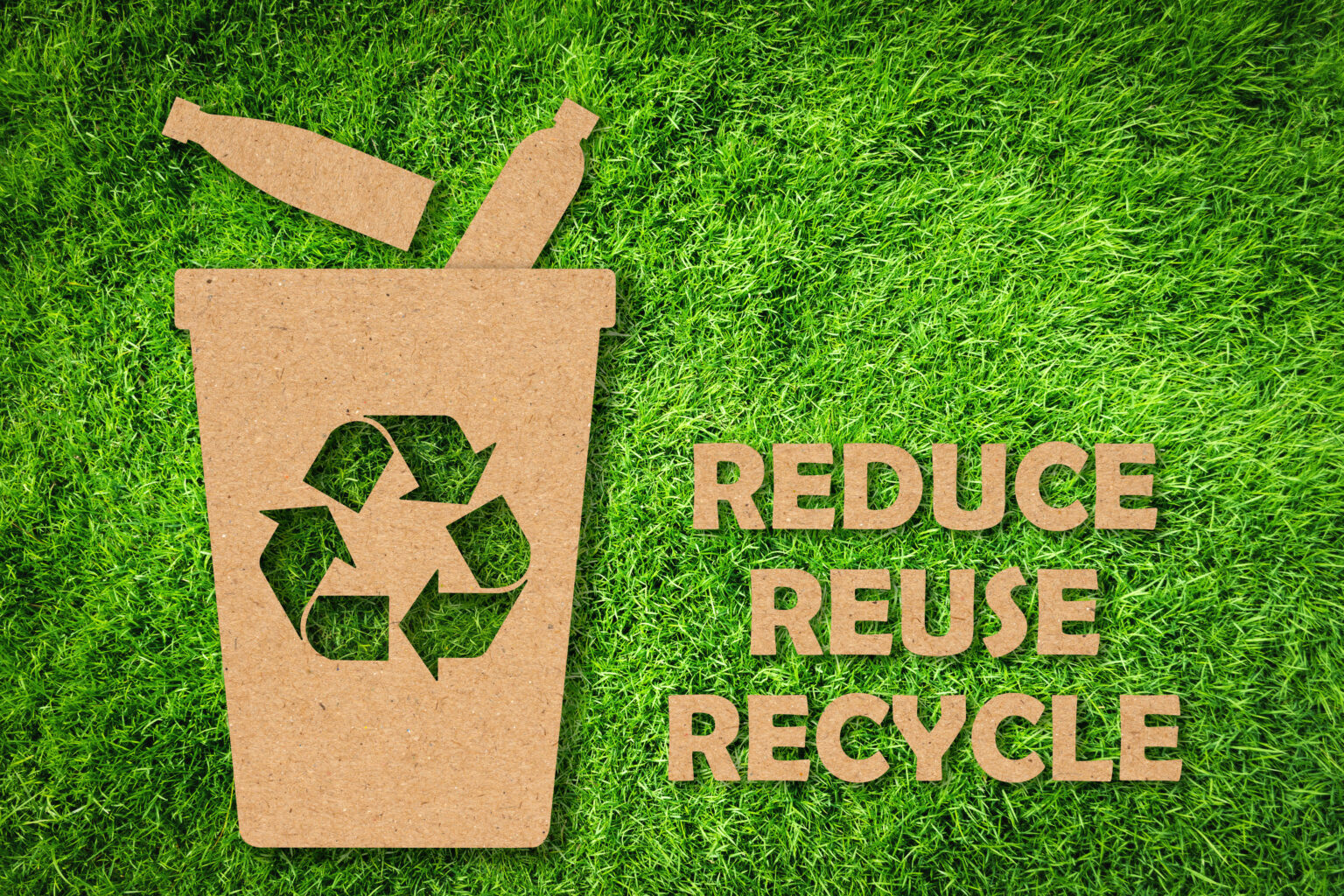Introduction to JBLM's Eco-Friendly Initiative
As the world continues to prioritize sustainability, Joint Base Lewis-McChord (JBLM) stands out with its remarkable efforts towards environmental conservation. The recycling center at JBLM plays a pivotal role in this green initiative. For those living or working in and around the base, understanding the facilities, services, and benefits of the recycling center is essential. This article aims to provide an in-depth look into the recycling center, offering tips, insights, and a comprehensive guide to making the most out of the recycling services available at JBLM in 2024.
The Importance of Recycling at JBLM
Recycling is not just a trend but a necessity in today's world. At JBLM, the recycling center is a testament to the base's commitment to reducing waste and promoting a healthier environment. The center serves as a crucial hub for minimizing landfill waste and conserving natural resources. By recycling, JBLM not only contributes to environmental preservation but also sets a positive example for other military bases across the nation. The center's efforts align with global sustainability goals, ensuring that JBLM remains at the forefront of eco-friendly practices.
Services Offered at the JBLM Recycling Center
The JBLM recycling center offers a wide range of services to accommodate the diverse needs of its community. From paper and plastic to electronics and hazardous materials, the center ensures that all recyclable items are handled safely and efficiently. The facility is equipped with advanced technology to process various materials, making it easier for residents and personnel to dispose of their waste responsibly. Additionally, the center provides educational resources and workshops to help individuals understand the importance of recycling and how they can contribute to a sustainable future.
Recycling Guidelines and Accepted Materials
Understanding what can and cannot be recycled is crucial for effective waste management. The JBLM recycling center has clear guidelines on accepted materials, which include paper, cardboard, plastics labeled #1 through #7, glass, metals, and certain electronic waste. However, it's important to note that not all items can be recycled. For instance, items contaminated with food waste, certain types of plastic bags, and hazardous chemicals are not accepted. The center provides detailed informational brochures and online resources to help individuals sort their recyclables correctly.
Tips for Efficient Recycling at JBLM
To maximize the benefits of the recycling center, it's essential to adopt efficient recycling habits. Start by segregating recyclables at the source – this means setting up separate bins for paper, plastics, metals, and glass at home or in the office. Rinsing containers before recycling is another crucial step, as it prevents contamination and ensures that materials are properly processed. Staying informed about recycling guidelines and updates from the JBLM center can also enhance your recycling efforts. Remember, every small action contributes to a larger impact on the environment.
The Role of Community in JBLM's Recycling Success
The success of the recycling program at JBLM heavily relies on community involvement. Residents and personnel are encouraged to participate actively in recycling initiatives and spread awareness about the importance of sustainable practices. The recycling center frequently collaborates with local schools, businesses, and organizations to conduct workshops and events aimed at educating the public. By working together, the JBLM community can significantly reduce its environmental footprint and set a precedent for other communities to follow.
Innovative Practices at JBLM's Recycling Center
The recycling center at JBLM is not just about collecting and processing waste; it's about innovation and forward-thinking solutions. The center continuously explores new technologies and methods to improve recycling efficiency and effectiveness. From implementing automated sorting systems to experimenting with biodegradable materials, JBLM is committed to staying ahead of the curve in environmental conservation. These innovative practices not only enhance the center's capabilities but also inspire other military bases and communities to adopt similar approaches.
Challenges Faced by the Recycling Center
Despite its successes, the JBLM recycling center faces several challenges. One of the primary issues is contamination, where non-recyclable items are mixed with recyclables, hindering the recycling process. Additionally, fluctuating market demands for recyclable materials can impact the center's operations and financial sustainability. Staffing and resource limitations also pose challenges, making it essential for the center to optimize its processes continually. Addressing these challenges requires collaboration, continuous education, and adaptability to changing circumstances.
Future Prospects and Developments
Looking ahead, the JBLM recycling center has ambitious plans for expansion and development. The center aims to enhance its capabilities by integrating more advanced technologies and expanding its range of accepted materials. Efforts are also underway to increase community engagement through more interactive and informative programs. The center's vision for the future aligns with JBLM's overall sustainability goals, ensuring that the base remains a leader in environmental stewardship. As the recycling center evolves, it will continue to play a vital role in promoting a greener, cleaner future for all.
Conclusion: Embracing a Sustainable Future
The recycling center at JBLM is more than just a facility; it's a cornerstone of the base's commitment to environmental responsibility. By understanding and utilizing the services offered, individuals and organizations can contribute significantly to reducing waste and conserving resources. As we move into 2024, the focus on sustainability and eco-friendly practices is more important than ever. By embracing the opportunities provided by the JBLM recycling center, we can work towards a future where sustainability is not just a goal but a way of life. Together, we can make a difference, one recyclable at a time.


